Introduction
Many engineering aspirants across Karnataka aim to keep their college options open by appearing for multiple entrance exams such as COMEDK, JEE Main, and KCET. Each exam targets a different set of institutions and offers unique advantages—COMEDK opens access to top private colleges, JEE provides an opportunity to get into prestigious NITs and IIITs, and KCET is the route to government and aided colleges in Karnataka at an affordable fee structure.
While sitting for multiple exams increases your chances of getting into a good college, preparing for them simultaneously can be stressful if not approached smartly. This detailed guide by Deeksha Vedantu presents a 360-degree strategy to prepare for COMEDK 2026 side-by-side with JEE and KCET, with tips on overlapping syllabus management, scheduling, material selection, mock test planning, and mental well-being.
Why Appear for Multiple Exams?
1. More Opportunities
Attempting multiple entrance exams increases the number of college seats you are eligible for, allowing greater flexibility during the admission process.
2. Backup Options
If you don’t score well in one exam, others can compensate. For example, COMEDK offers quality colleges even if your JEE rank isn’t competitive.
3. Fee Diversity
KCET colleges are affordable, especially for Karnataka domicile students. COMEDK colleges charge higher fees, but offer modern infrastructure. JEE colleges have a mixed fee range based on location and government funding.
4. Varied Learning Styles
Each exam has a unique format. Practicing for all three strengthens problem-solving, time management, and conceptual clarity.
Exam Pattern Overview
Here’s how COMEDK compares to JEE and KCET:
| Feature | COMEDK | JEE Main | KCET |
| Mode | Online | Online | Offline |
| Medium | English only | English only | English / Kannada |
| Duration | 3 hours | 3 hours | 3 hours |
| Marking Scheme | +1 for correct, no negative | +4 for correct, -1 for wrong | +1 for correct, no negative |
| Question Type | MCQ | MCQ + Numerical | MCQ |
| Subjects | PCM | PCM | PCM |
| Total Marks | 180 | 300 | 180 |
| Syllabus | Class 11 & 12 (CBSE/State Board) | CBSE Class 11 & 12 | PUC State Board |
Conclusion: COMEDK and KCET are less complex than JEE, but require high speed and precision due to the all-MCQ format.
Syllabus Strategy: What’s Common and What’s Not
Common Across All Three Exams:
- Physics: Kinematics, Laws of Motion, Thermodynamics, Oscillations, Current Electricity, Optics
- Chemistry: Periodic Classification, Chemical Bonding, States of Matter, Redox, Hydrocarbons, Polymers
- Math: Algebra, Trigonometry, Calculus, Vectors, Probability, Coordinate Geometry
Unique to JEE:
- Integer/Numerical Answer Questions
- Higher-level application problems in Math and Physics
Unique to KCET
- Direct questions from State Board PUC Textbooks
- Emphasis on theoretical, line-by-line NCERT-type questions
Unique to COMEDK
- Time-bound conceptual MCQs
- No negative marking = different guessing strategy
Creating a Balanced Weekly Schedule
A solid weekly schedule is your strongest tool. Here’s a sample to guide your preparation:
| Day | Morning (Concepts) | Afternoon (Practice) | Evening (Mock/Test Review) |
| Monday | Physics (Mechanics) | JEE Math Practice | COMEDK mock + error log |
| Tuesday | Chemistry (Organic Basics) | KCET MCQs from textbook | COMEDK topic-specific PYQs |
| Wednesday | Math (Coordinate Geometry) | JEE Numerical Practice | KCET formula flashcards |
| Thursday | Physics (Electrostatics) | COMEDK mock test | JEE Revision Quiz |
| Friday | Chemistry (Inorganic) | NCERT-based Quick Tests (KCET) | Concept Mapping + Notes Update |
| Saturday | Full-length Test (Alternate) | Detailed Analysis (Any Exam) | Visualizing Weak Areas |
| Sunday | Flexi-Study + Doubts | Subject-specific Flashcards | 15-min Meditation + Planning |
Subject-Specific Preparation Advice
Physics
- Use HC Verma and D.C. Pandey for JEE
- Focus on derivations and laws for KCET
- Practice conceptual MCQs for COMEDK
Chemistry
- NCERT is a must-read for all three exams
- For Organic: Use Morrison & Boyd (optional), along with NCERT
- For Inorganic: Focus on periodic table trends and reactions
Mathematics
- Practice from RD Sharma and Cengage for JEE
- Use COMEDK sample papers for timing drills
- Revise formulas weekly through a self-made sheet
Important Tools and Resources
- NCERT Textbooks (especially for Chemistry)
- PYQ Books: Previous Year Questions by exam
- Mock Test Platforms: Use platforms like Deeksha Online Tests for targeted exam mocks
- Note-taking Apps: Tools like Notion, OneNote, or a plain notebook
- Flashcard Apps: Use Quizlet or Anki for formulas and definitions
Time Management & Revision Techniques
1. Time Blocking
Divide your day into blocks of 2–3 hours for each subject and exam-specific task.
2. Pomodoro Technique
Study for 25 minutes, take a 5-minute break. Repeat 4 cycles before a longer break.
3. Weekend Revisions
Reserve Sundays for flashcard reviews, error log revision, and mock test planning.
4. Monthly Recap
Track your syllabus coverage. If you’re lagging in a subject, adjust your schedule accordingly.
Top Mistakes to Avoid
- Studying only for JEE and ignoring KCET/COMEDK format
- No mock tests—practice is non-negotiable
- Neglecting school—internal marks count too
- Skipping revision—losing grip on old topics will impact long-term retention
FAQs
1. Is it necessary to study separately for COMEDK?
Not entirely. JEE preparation covers most content. But you must practice COMEDK-specific MCQs regularly.
2. Will KCET preparation help in COMEDK?
Yes, especially if you’re strong in NCERT-based Chemistry and Physics concepts.
3. How do I manage school and coaching?
Integrate your school schedule with competitive prep using common topics wherever possible.
4. Should I study advanced topics for COMEDK?
Not needed. Focus on concept clarity and speed. COMEDK doesn’t test application the way JEE does.
5. Can I use the same mock tests for all three?
No. Use exam-specific mock tests to match time limits, difficulty level, and question style.
Conclusion
Preparing for COMEDK 2026 along with JEE and KCET is a marathon, not a sprint. The key lies in building a smart, flexible routine that leverages syllabus overlap, time efficiency, and consistent self-assessment. Focus on conceptual clarity, exam familiarity, and mental health. With the right tools, mentors, and mindset, it is absolutely possible to ace all three.
At Deeksha Vedantu, our integrated coaching programs ensure you’re always on the right path. From personalized doubt-clearing sessions and regular mock exams to advanced tracking tools and motivational workshops, we prepare you not just for exams—but for life.
Crack COMEDK, succeed in JEE, and master KCET—with Deeksha by your side.


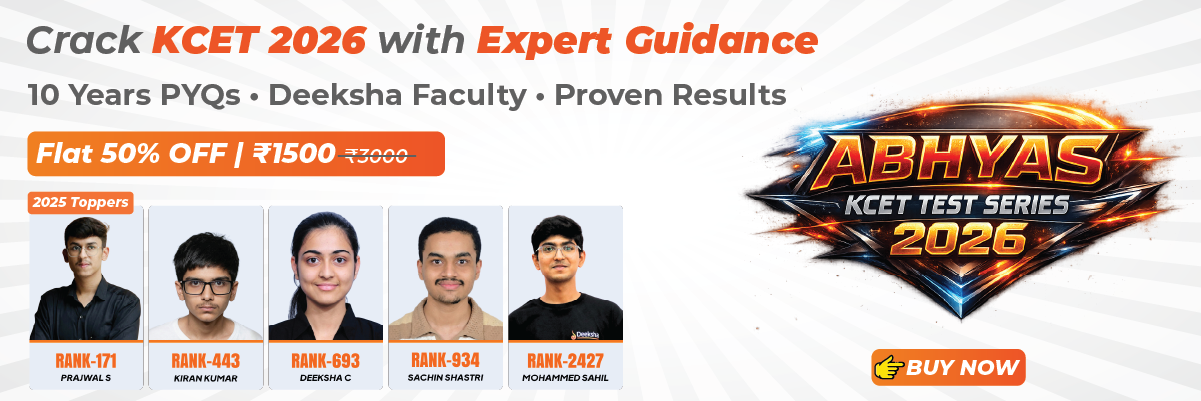
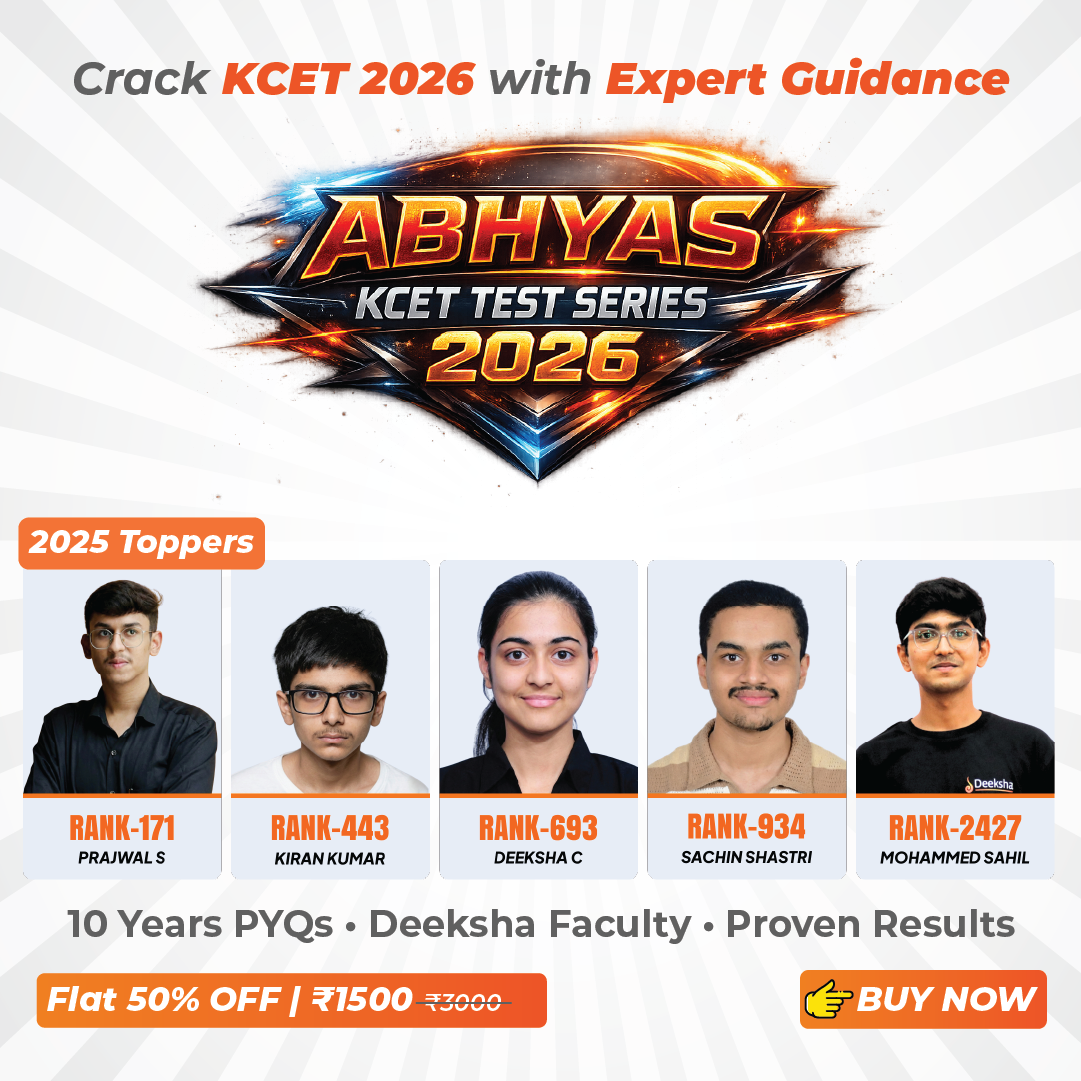
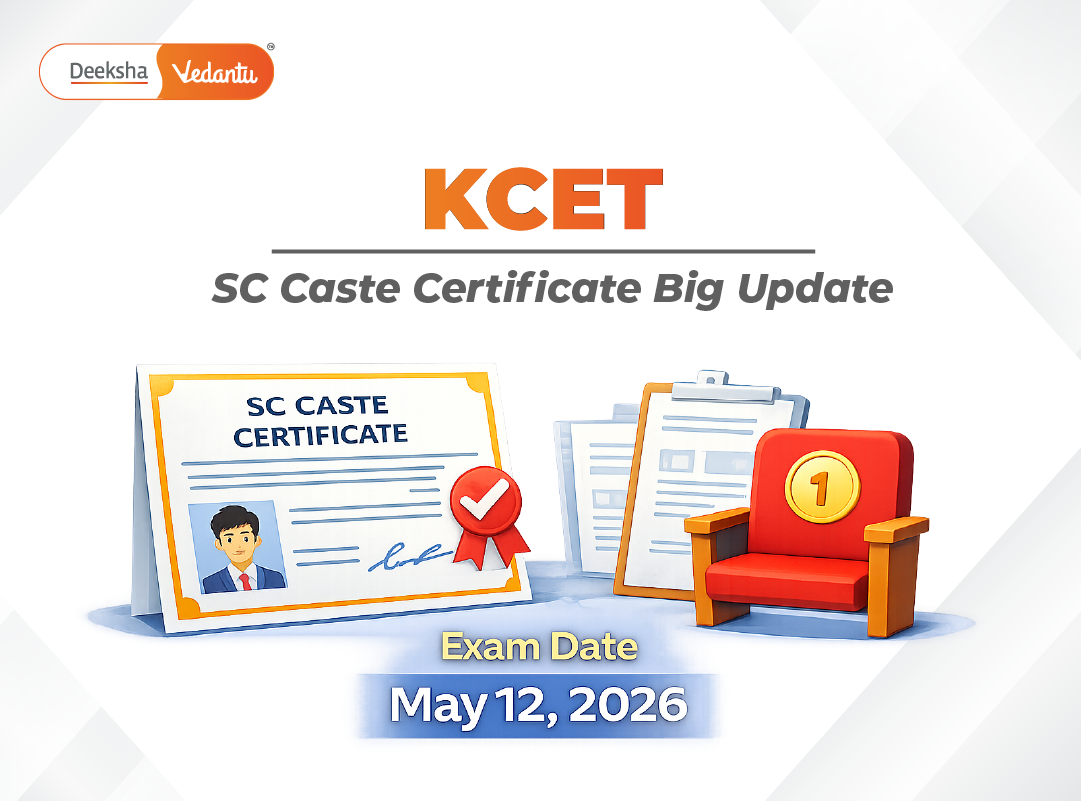
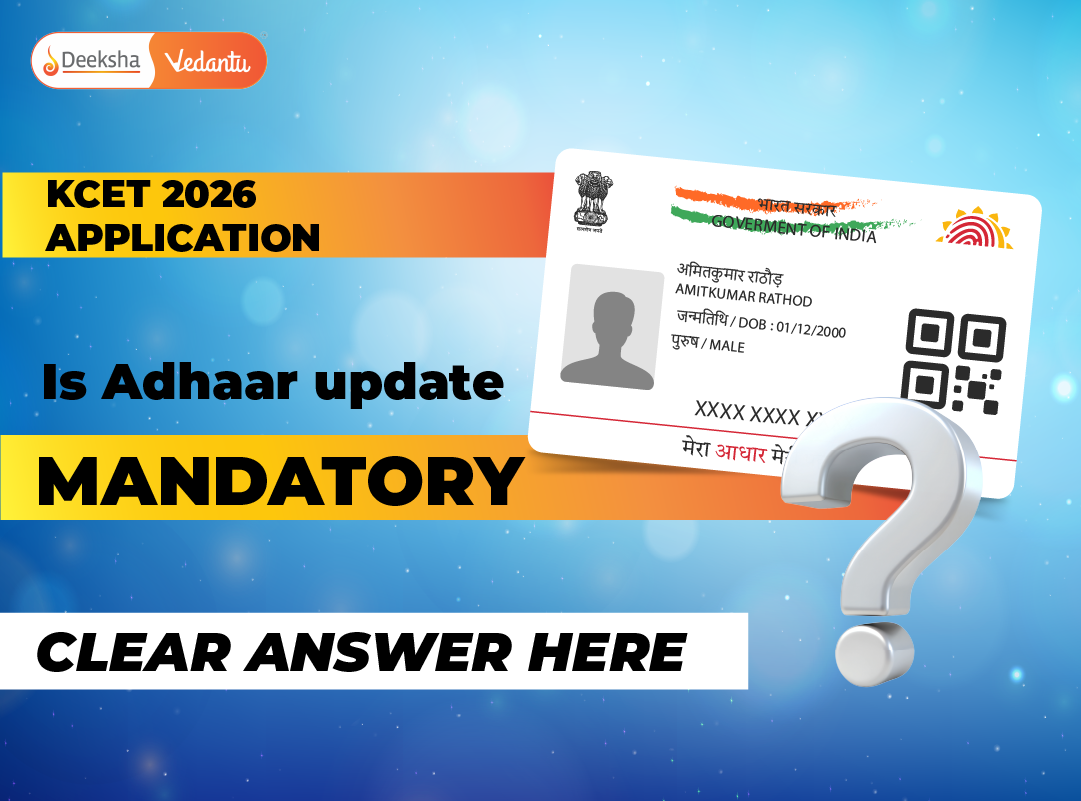
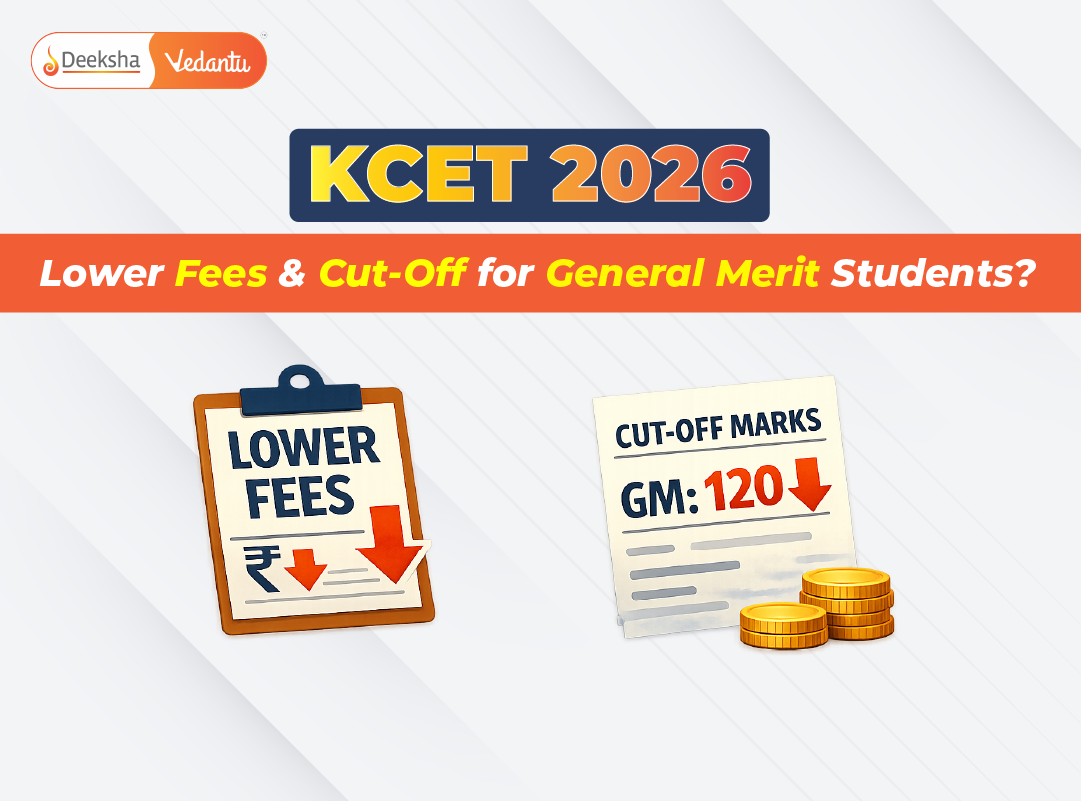
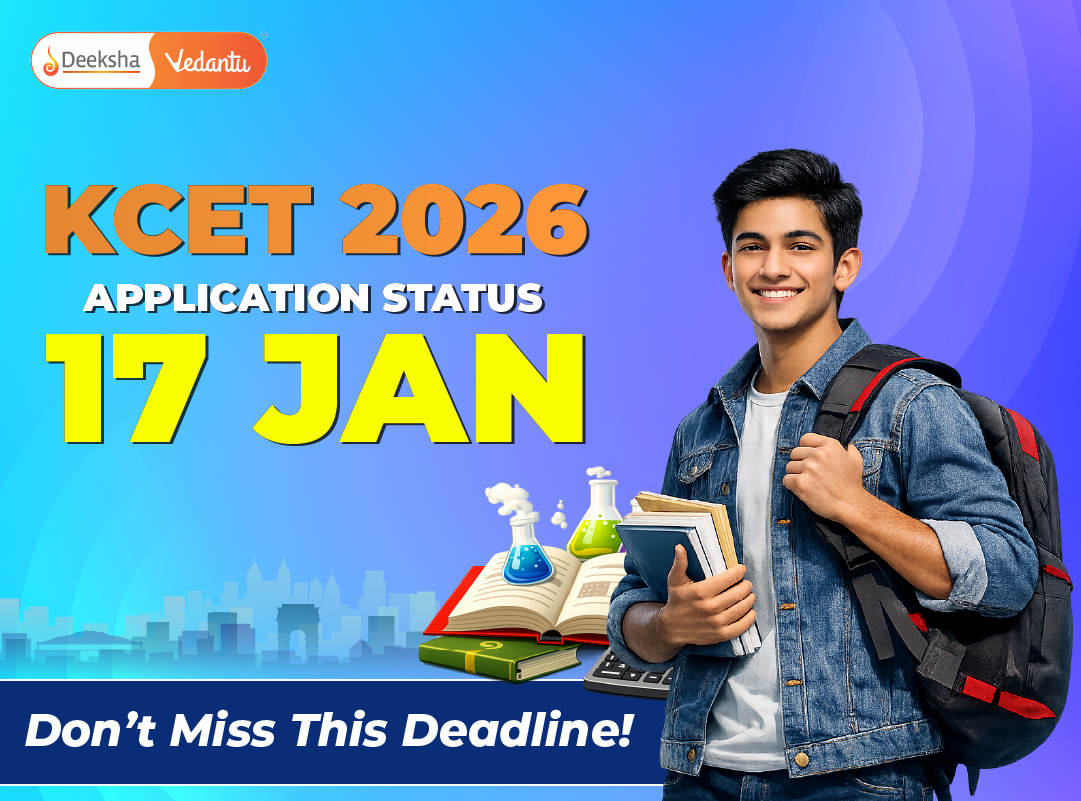
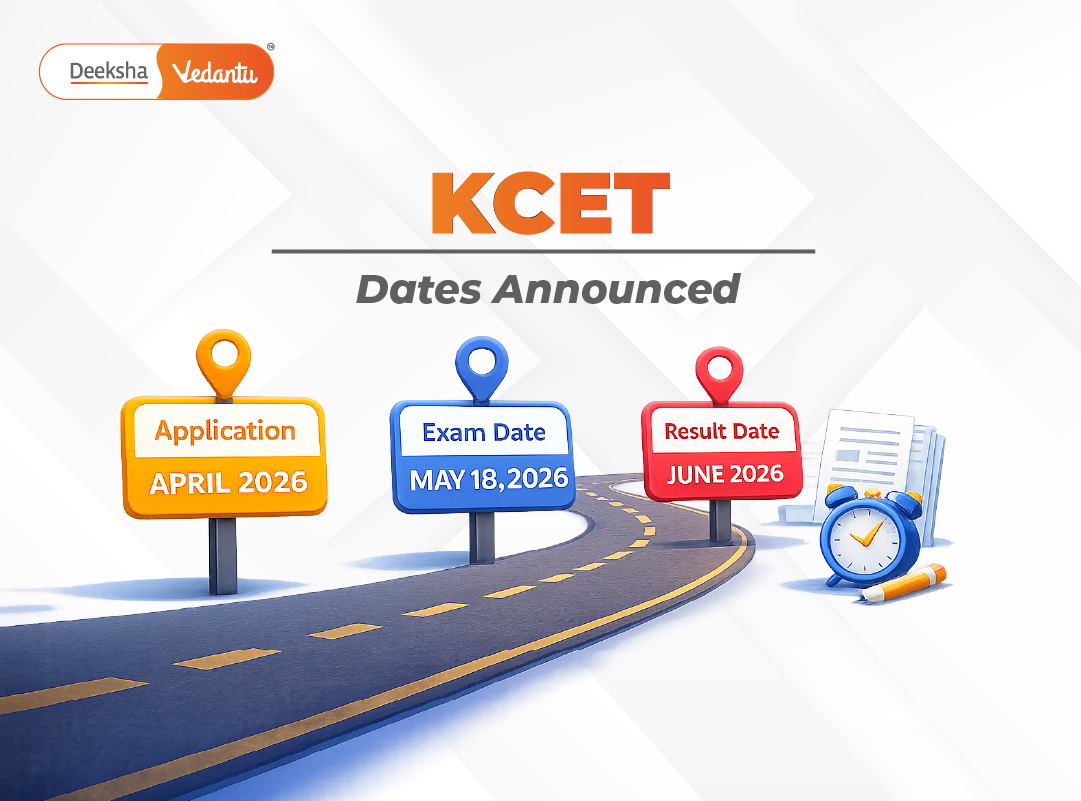
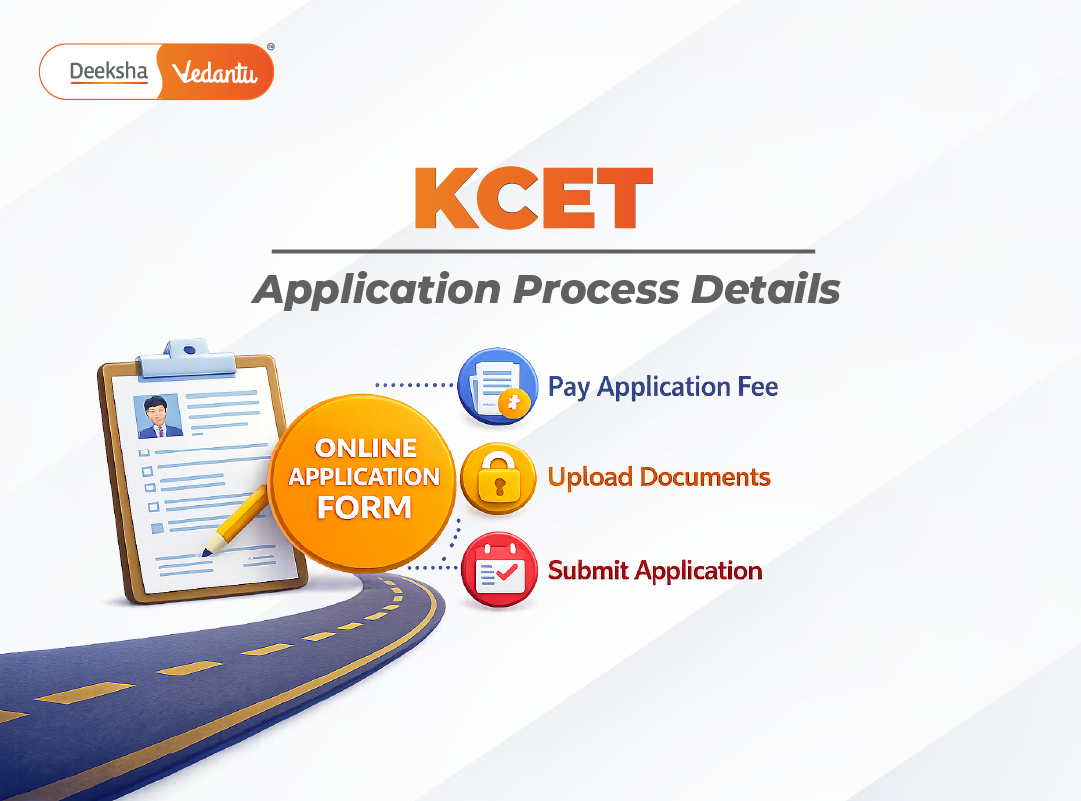
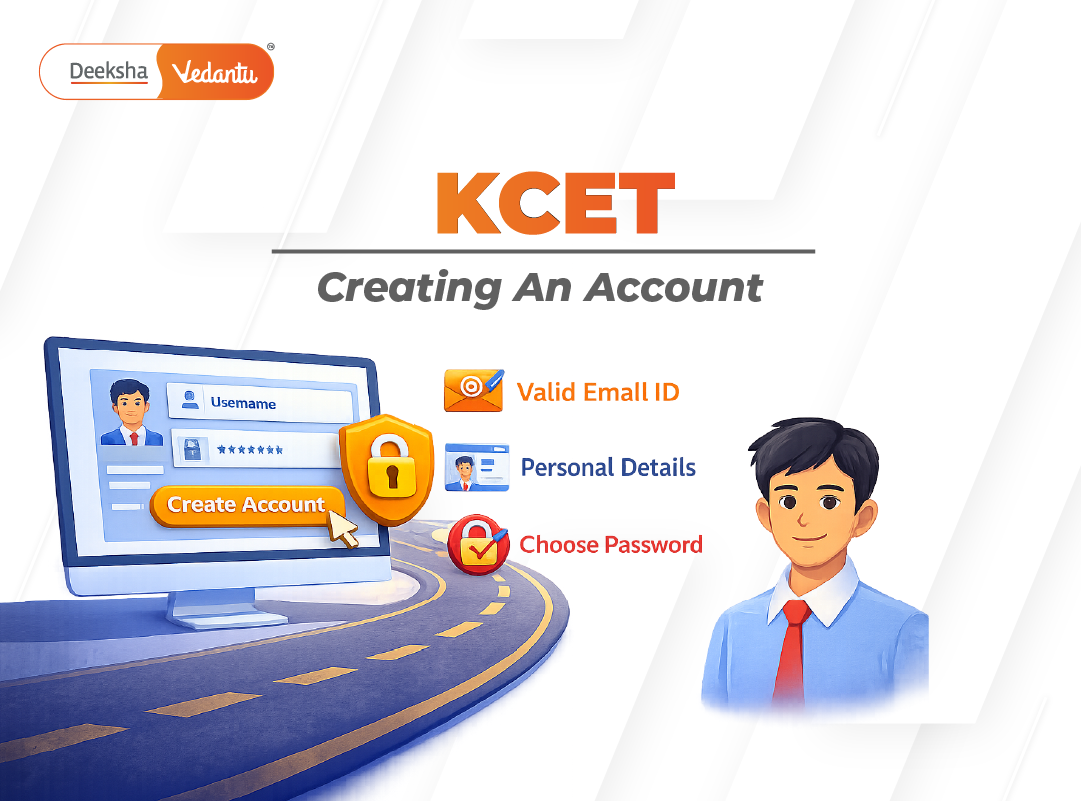
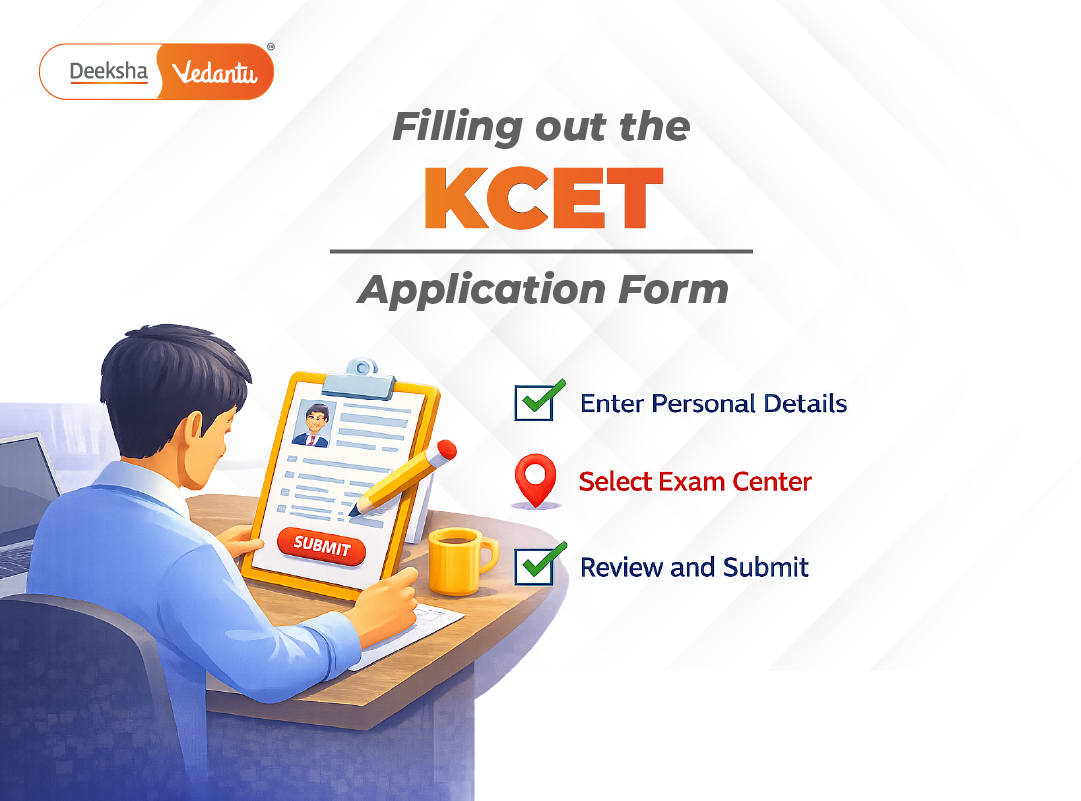


Get Social